AeroGenie — Ihr intelligenter Copilot.
Trends
Categories
Korean Air Partners with Samsung E&A on Sustainable Aviation Fuel
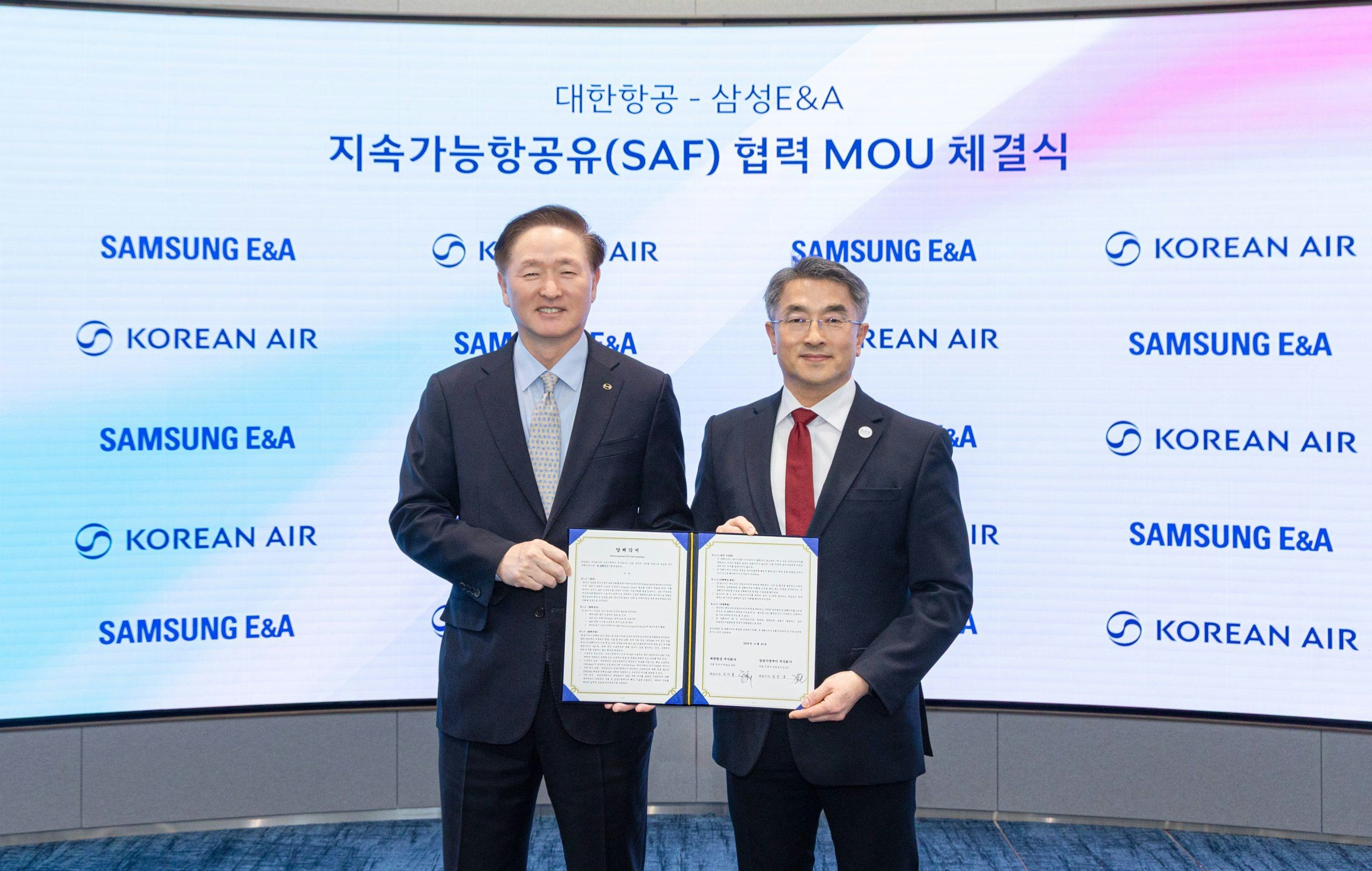
Korean Air and Samsung E&A Collaborate on Sustainable Aviation Fuel Development in the U.S.
Korean Air has formalized a strategic partnership with Samsung E&A to develop a sustainable aviation fuel (SAF) production and supply chain within the United States, reflecting a shared commitment to advancing clean energy solutions in the aviation sector. The Memorandum of Understanding (MOU) was signed on November 20 at Korean Air’s headquarters in Seoul by Vice Chairman Keehong Woo and Samsung E&A President and CEO Namkoong Hong.
Strategic Objectives and Collaborative Framework
The agreement outlines a comprehensive approach to identifying and evaluating overseas SAF production projects, reviewing long-term offtake opportunities, and exploring investments in SAF-related technologies. Both companies will collaborate through Samsung E&A’s “SAF Technology Alliance” to leverage their respective expertise and global networks. The United States has been selected as the initial focus market due to its abundant feedstock resources, advanced technological capabilities, and well-established infrastructure.
Samsung E&A will apply its engineering, procurement, and construction expertise to support potential second-generation SAF projects in the U.S. Korean Air will act as a committed offtaker, providing stable, long-term demand to underpin project development. Among the initiatives under consideration is Samsung E&A’s potential involvement in a U.S. SAF project employing gasification–Fischer-Tropsch (FT) technology, which converts woody waste into synthetic liquid fuel. This next-generation process expands feedstock options beyond first-generation SAF, which primarily relies on limited materials such as used cooking oil. FT-based production enables the use of non-edible and waste biomass, offering enhanced carbon-reduction benefits.
Korean Air is actively considering offtake agreements for SAF produced through these projects. Such commitments are essential for stabilizing emerging energy ventures by guaranteeing purchase volumes over fixed periods—a strategy already embraced by major global airlines including Delta, Air France, United Airlines, and American Airlines to support SAF capacity and supply chain development.
Industry Context and Market Implications
Despite the promising outlook for SAF, the industry continues to face significant challenges, notably high production costs and limited availability before 2030. Nevertheless, the announcement of this partnership has been met with positive market reactions, exemplified by a more than 3% rise in Samsung Electronics’ shares following recent investment pledges. It is anticipated that competitors may pursue similar partnerships or investments to secure future SAF supplies and comply with evolving regulatory frameworks.
This collaboration aligns with South Korea’s national strategy to bolster key industries—artificial intelligence, biotechnology, culture, defense, energy, and manufacturing—collectively known as “ABCDEF.” By positioning themselves at critical junctures within the emerging energy value chain, Korean Air and Samsung E&A are responding to the shifting dynamics of the global aviation market. North America’s dominance in aviation and the increasing importance of SAF underscore the strategic significance of this partnership, especially as other countries, such as Singapore, have already established entities to procure SAF in anticipation of regulatory changes.
A Korean Air representative emphasized the partnership’s role in advancing the aviation industry’s Net Zero 2050 goal and enhancing the company’s capacity to navigate evolving global environmental regulations, including SAF mandates. The representative stated, “Through proactive project participation and continuous cooperation, we aim to accelerate global SAF adoption and advance our commitment to sustainable aviation and ESG management.”

Bentley Uses Sustainable Aviation Fuel for Luxury Car Deliveries
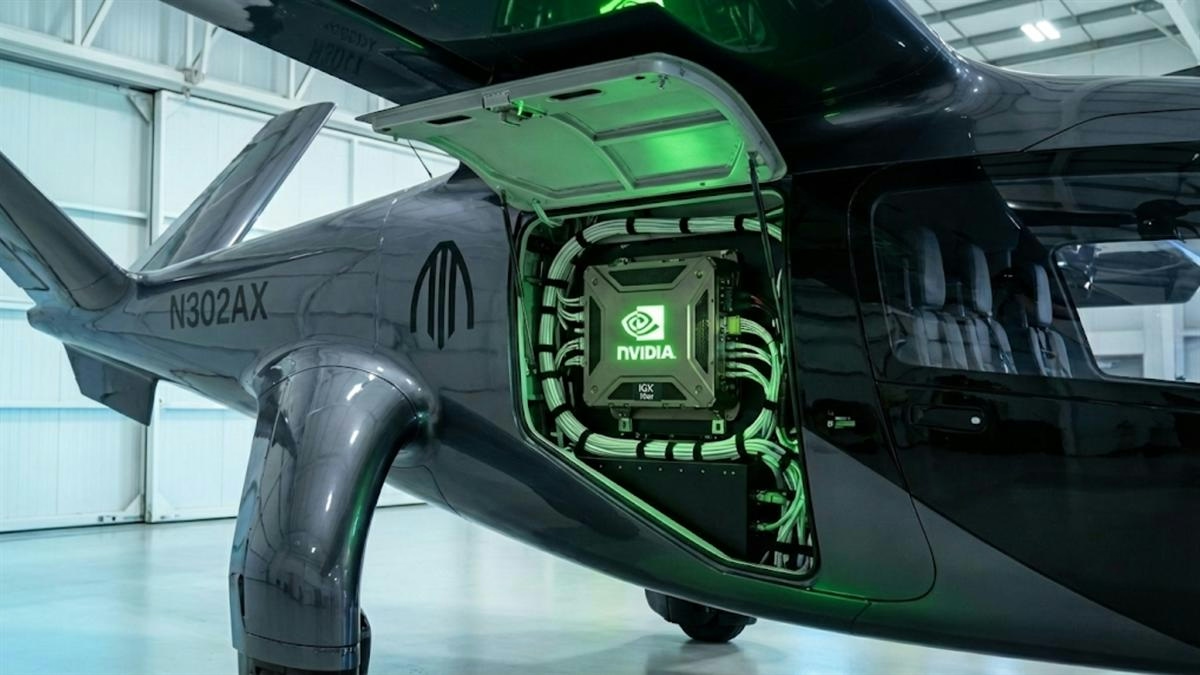
Archer Aviation’s UK AI Flight Hub and NVIDIA Partnership Shift Investment Outlook
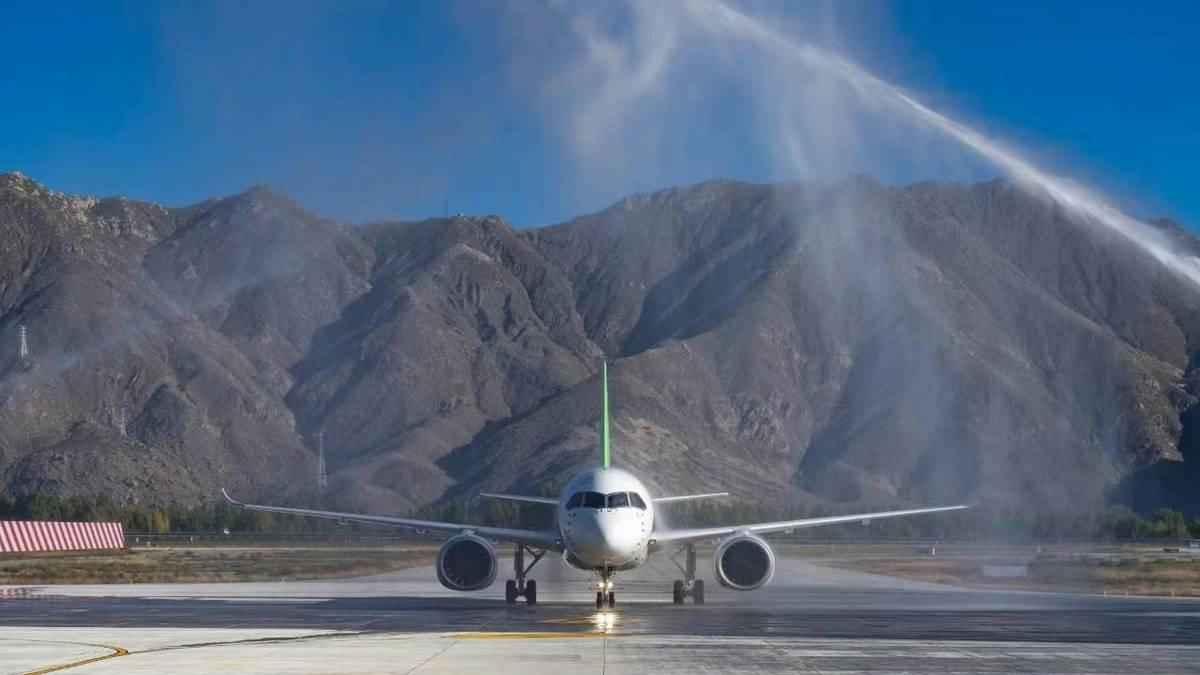
COMAC Faces Delays as Supply Chains and Sanctions Restrict Output and Western Access
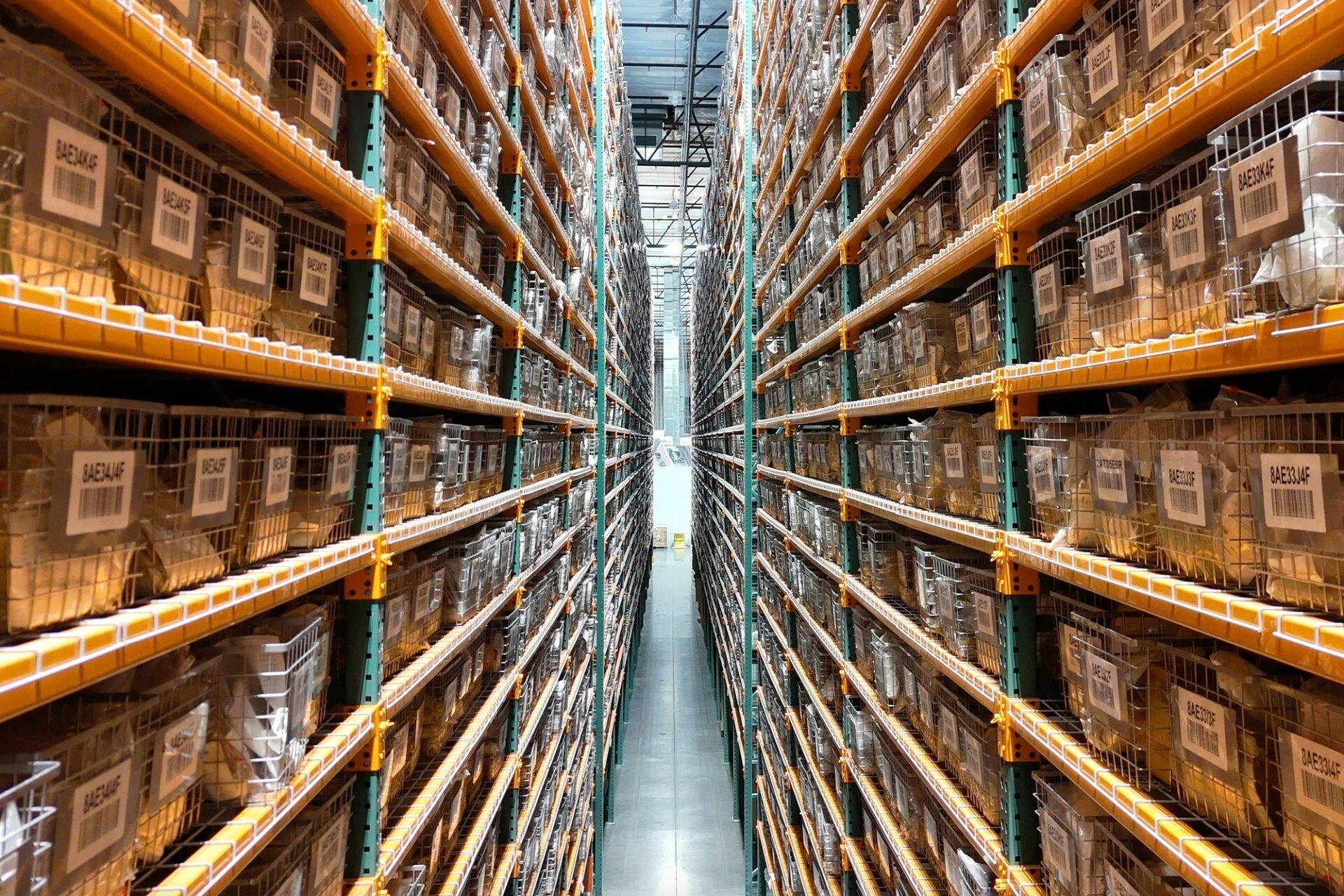
Aviation Tariffs Shift Focus Amid Market Volatility
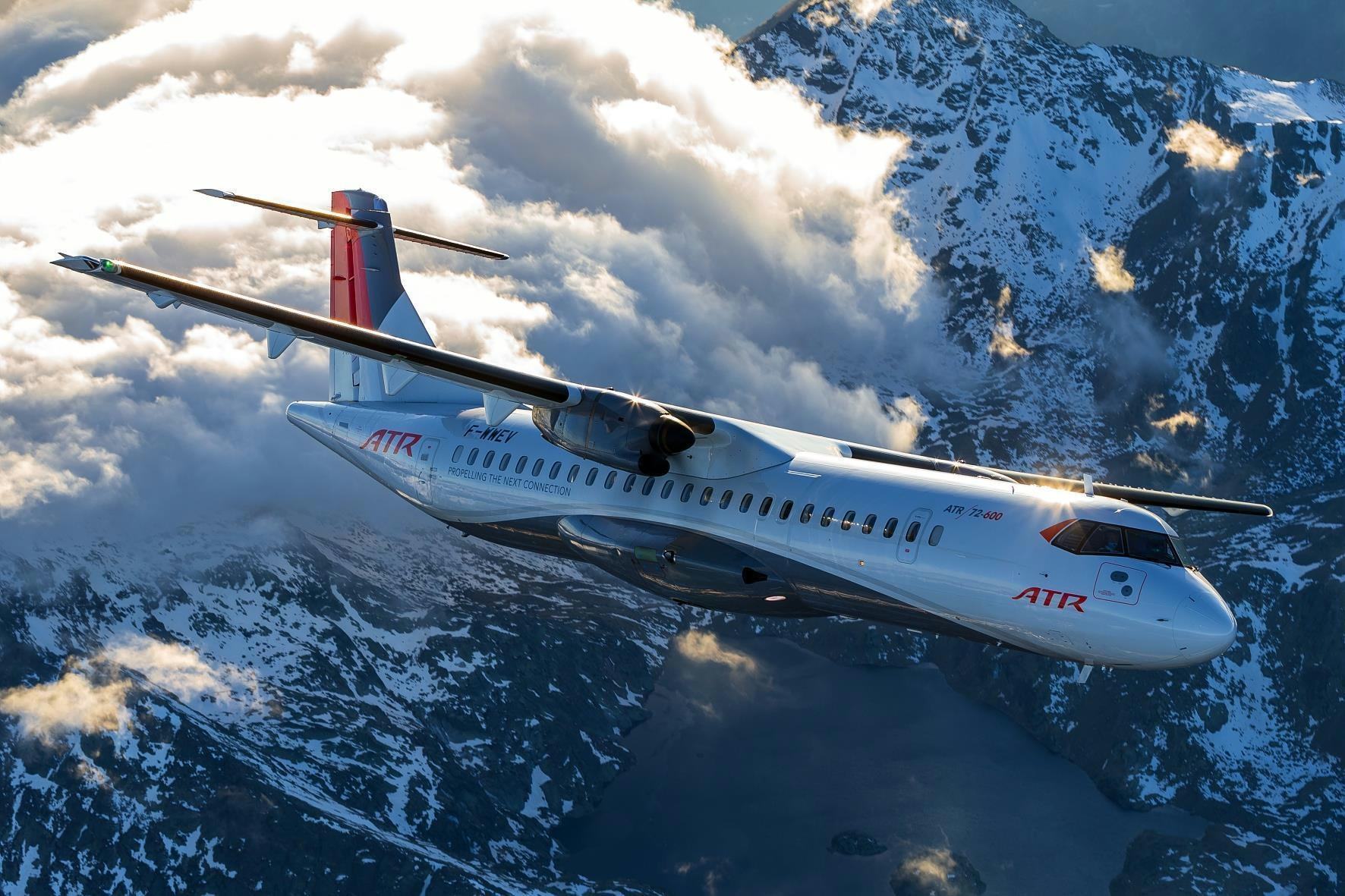
ATR Airlines Misses Targets Amid Aircraft Delivery Delays

Sen. Jerry Moran Proposes Bipartisan Bill to Improve FAA Certification for Advanced Air Mobility
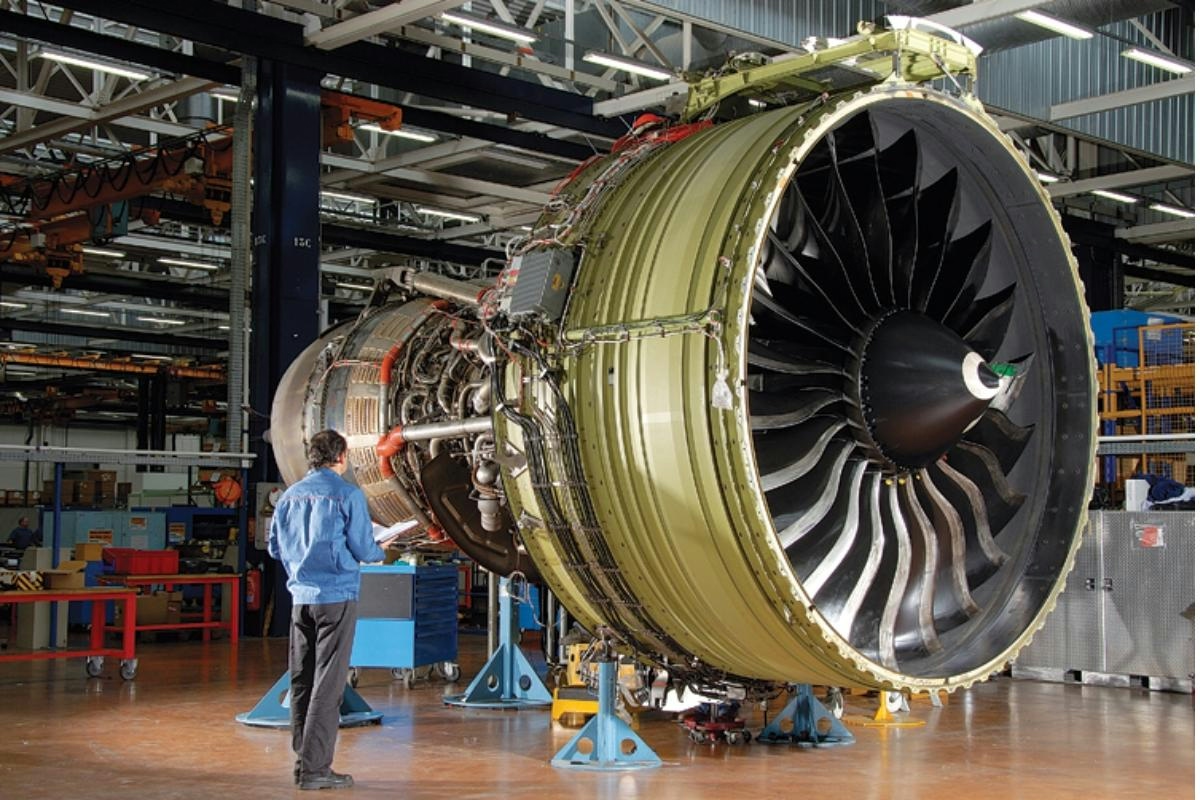
Aviation to AI: How Boeing Engines Are Powering the Data Center Boom
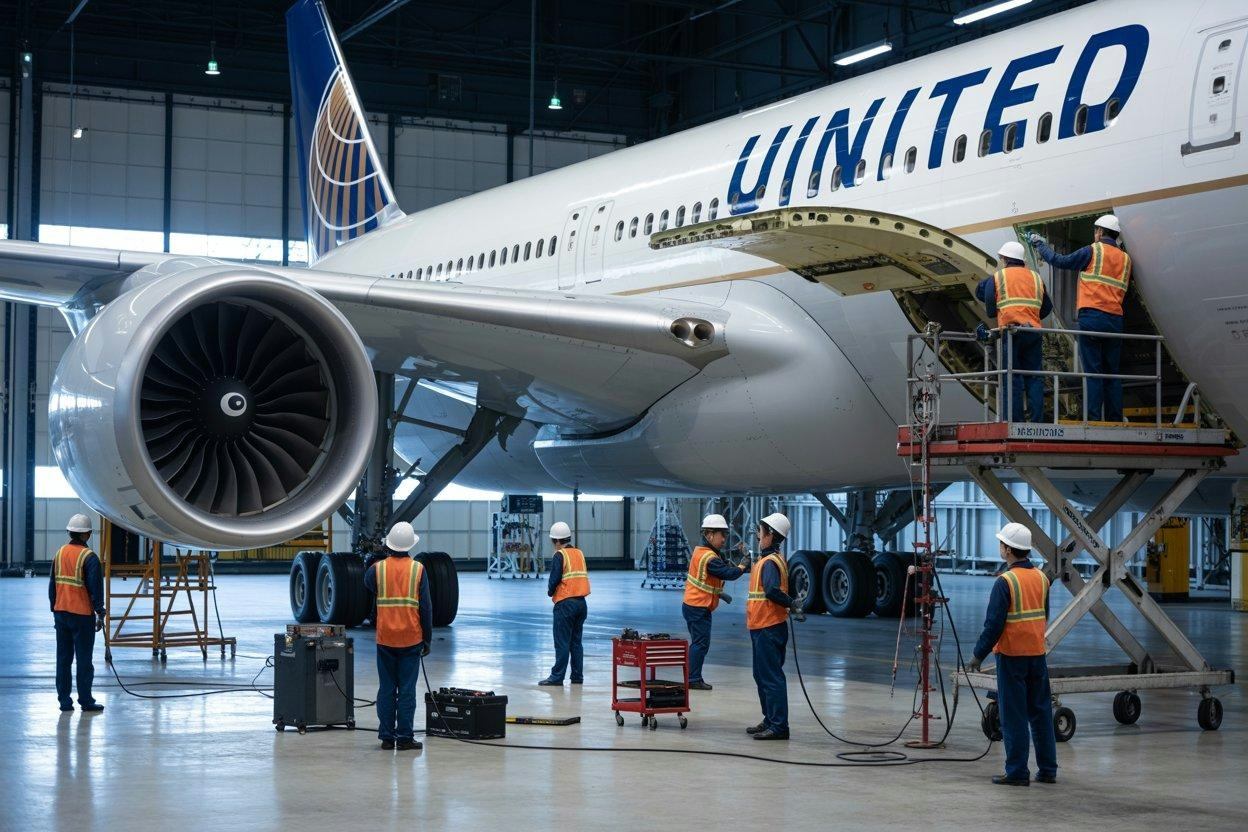
US Audit Identifies FAA Oversight Gaps at United Maintenance

The Impact of Agentic AI on Airport Operations
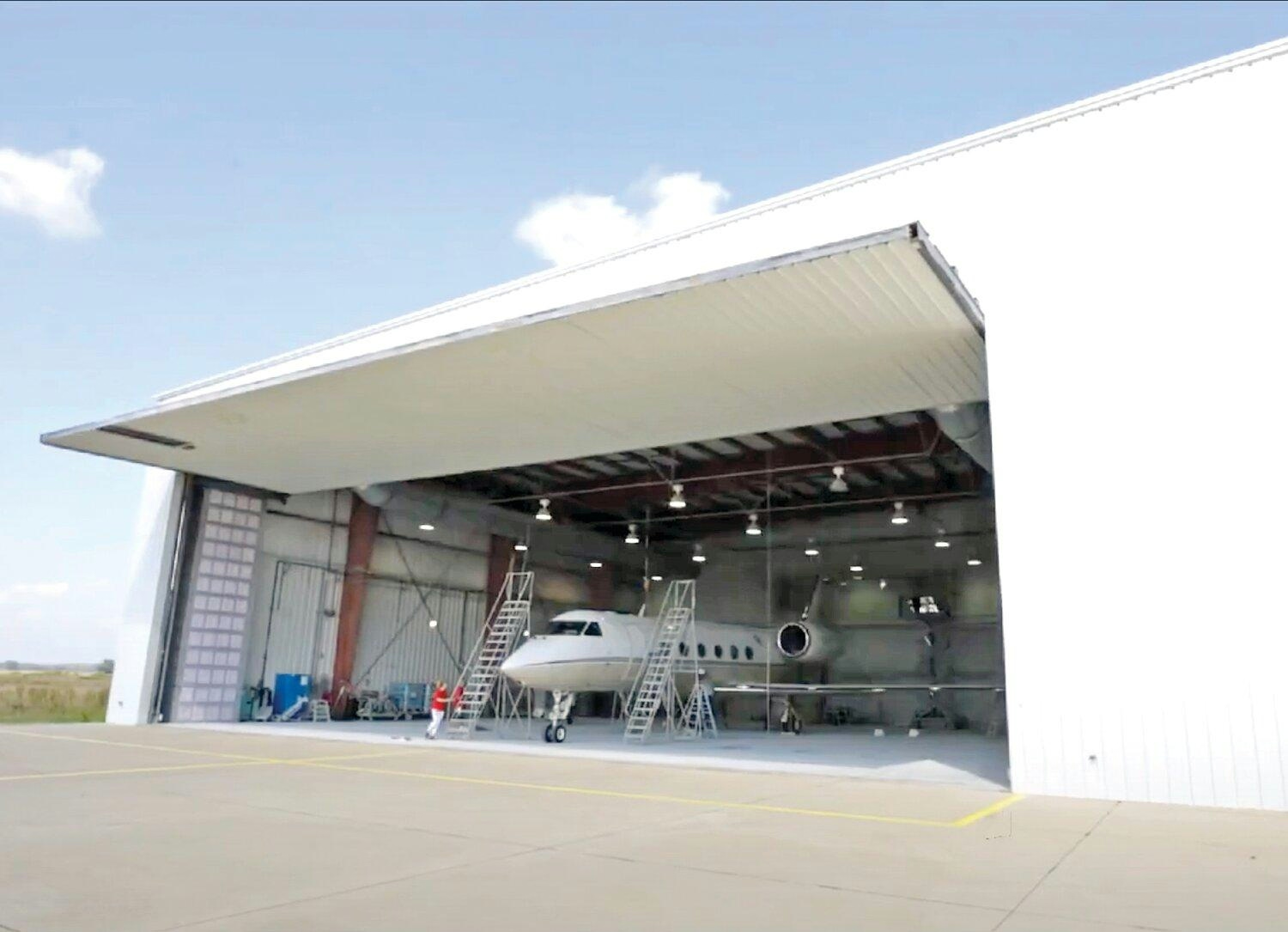
West Star Aviation Announces Expansion in Chattanooga
